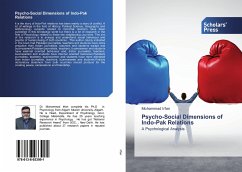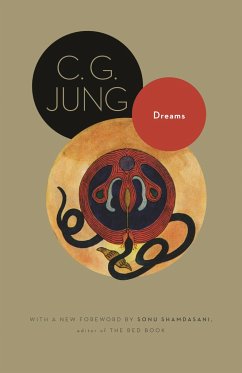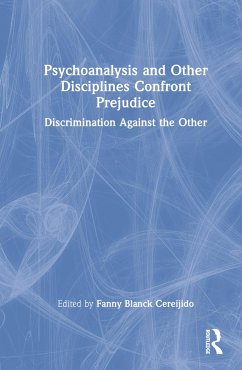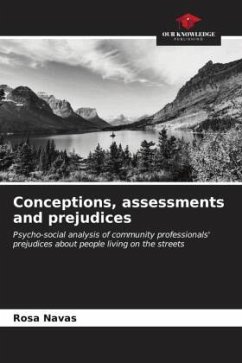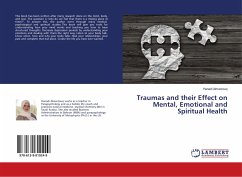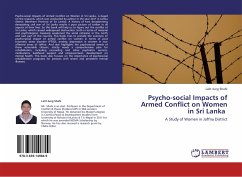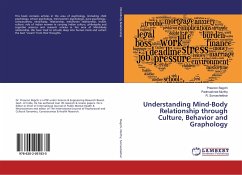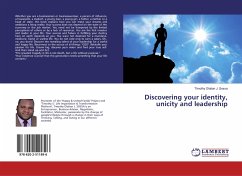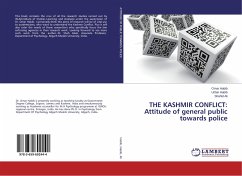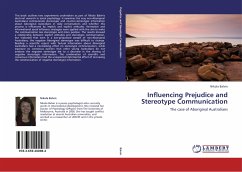
Influencing Prejudice and Stereotype Communication
The case of Aboriginal Australians
Versandkostenfrei!
Versandfertig in 6-10 Tagen
52,99 €
inkl. MwSt.

PAYBACK Punkte
26 °P sammeln!
This book outlines two experiments undertaken as part of Nikola Balvin's doctoral research in social psychology. It examines the way non-Aboriginal Australians communicate stereotypic and counter-stereotypic information about Aboriginal Australians in daily conversations and whether this process is influenced by implicit and explicit attitudes. Normative and informational social influence strategies were applied with the aim to make the communication less stereotypic and more positive. The results showed a relationship between explicit attitudes and stereotype communication, but indicated that...
This book outlines two experiments undertaken as part of Nikola Balvin's doctoral research in social psychology. It examines the way non-Aboriginal Australians communicate stereotypic and counter-stereotypic information about Aboriginal Australians in daily conversations and whether this process is influenced by implicit and explicit attitudes. Normative and informational social influence strategies were applied with the aim to make the communication less stereotypic and more positive. The results showed a relationship between explicit attitudes and stereotype communication, but indicated that even in a low-prejudiced sample of non-Aboriginal Australians, the negative Aboriginal stereotype was difficult to change. Reading a scientific report with factual information about Aboriginal Australians had a neutralising effect on stereotype communication, while exposure to consensus opinion that other young Australians do not endorse the negative stereotype led to a decrease in the sharing of negative stereotypic information. The combination of scientific and consensus information had the unexpected detrimental effect of increasing the communication of negative stereotypic information.



